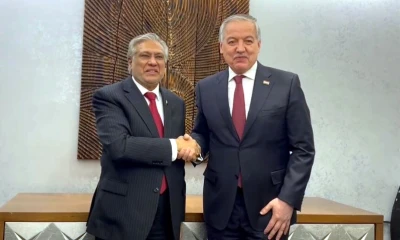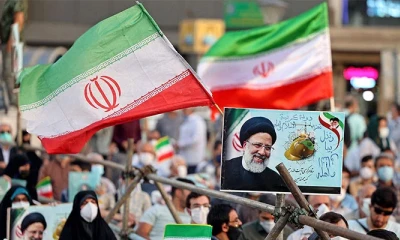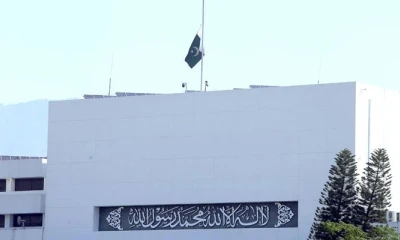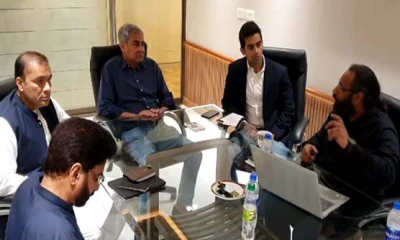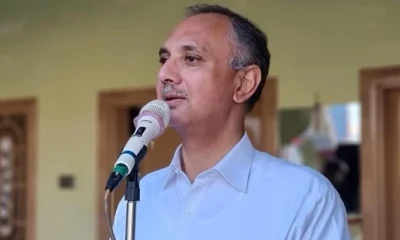-


سی گرین شرٹ میں خان کا پہلا دیدار #gnn #pti #imrankhan #supremecourt #news #breaking #latest #video
-


اعظم سواتی نے عدلیہ کی بے بسی پر سوال اٹھا دیا #gnn #pti #imrankhan #azamswati #nawazsharif #news
-


CJP Qazi Faez Isa In Action Over Imran Khan Appearance In Supreme Court | GNN
-


Who Viral Imran Khan First Picture From Supreme Court? | GNN
Pakistan
Opposition to resist defamation bill
The opposition called the bill a black law and tore up copies of the bill in protest
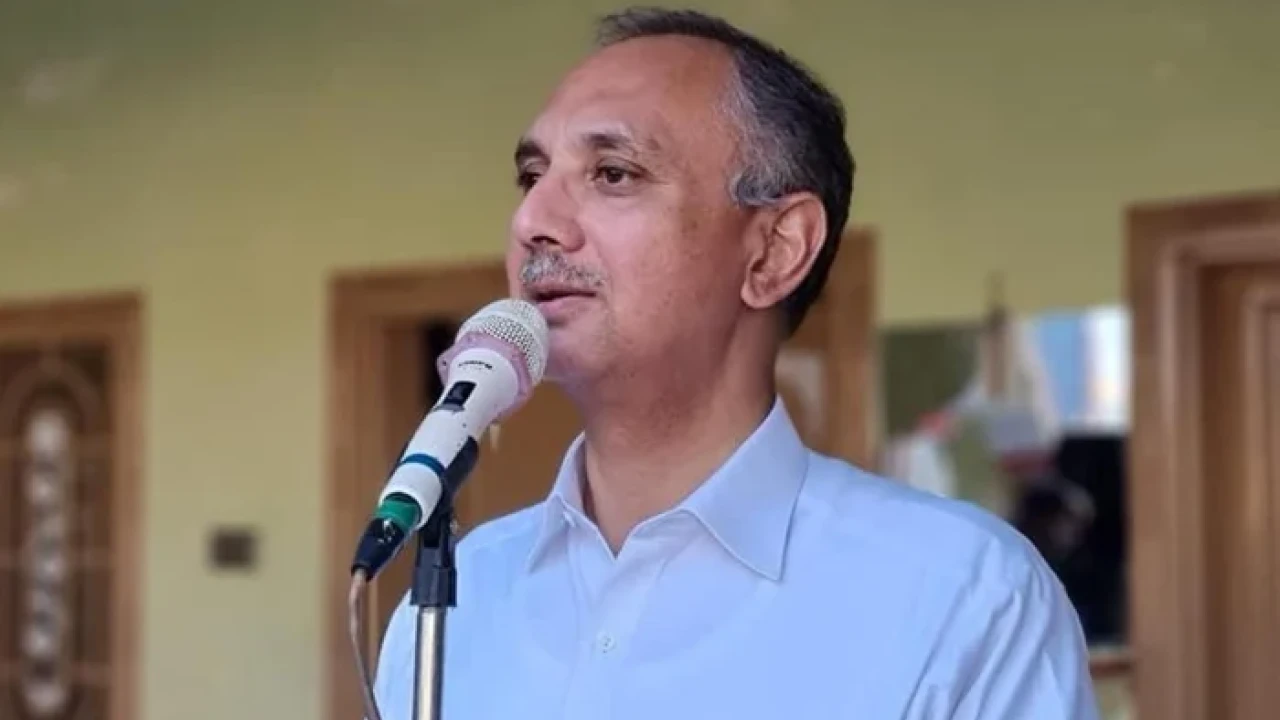
Lahore: Leader of the Opposition in the National Assembly Omar Ayub Tuesday said that a black law is being implemented.
Speaking to the media outside Lahore's Anti-Terrorism Court (ATC), Omar stated that they will resist the black law in the national and provincial assemblies.
He stated that according to the constitution, no one’s speech can be banned.
Omar Ayub added that whoever talked about Ayub Khan's martial law, ask him what Nawaz Sharif did.
He further said that Babar Awan has explained the whole law to the court. ‘I am grateful to the court who gave justice. I don't have the will to travel all over Pakistan in one day, these are all false cases’.
Meanwhile, Pakistan Tehreek-e-Insaf (PTI) leader Babar Awan added that the Chief Minister and Law Minister are insulting the court. The law made to arrest the journalists will not work, they will approach the court against it.
He stated that PTI stands with the journalists. The Dubai Leaks case should be opened immediately, the work of the judiciary is to uphold the rights of the people.
It is pertinent to note that the Punjab Assembly had approved the Defamation Bill 2024 yesterday.
The opposition called the bill a black law and tore up copies of the bill in protest.
Journalists also walked out of the press gallery and protested on the stairs of the Assembly against the bill while calling for nationwide protests.
Defamation Bill
The Defamation Bill 2024 will apply to print, electronic and social media. The defamation cases can be filed on false and untrue news spread.
The bill will also apply to fake news spread through YouTube and social media, the action will be taken on news spread to harm personal life and public space.
Tribunals will be set up for defamation cases, which will be bound to decide within six months. Under the defamation bill, the damages will be Rs3 million.
Pakistan
Pak-Tajik FMs underline early implementation of CASA-1000
They underlined the early implementation of CASA-1000 project and other connectivity and regional integration projects
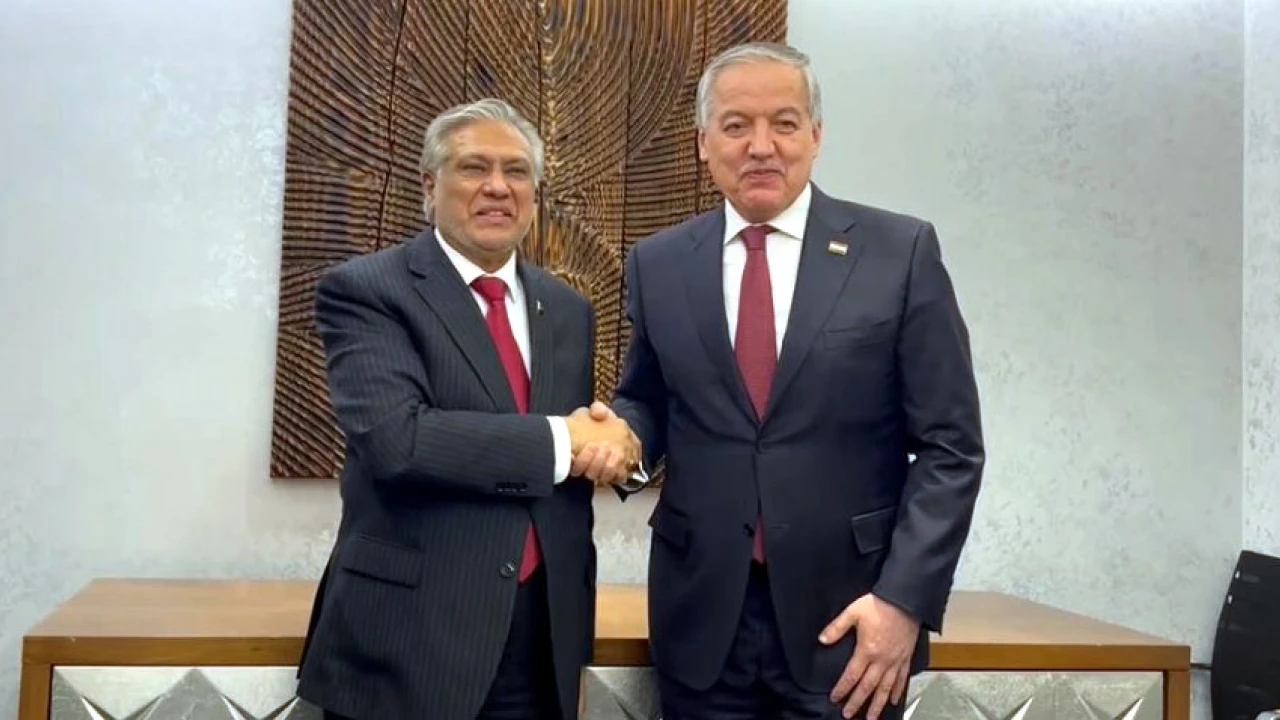
Islamabad: Deputy Prime Minister and Foreign Minister Ishaq Dar held a bilateral meeting with Tajikistan Foreign Minister Sirojiddin Muhriddin on the sidelines of Shanghai Cooperation Organization (SCO) Council of Foreign Ministers Meeting in Astana.
The two Foreign Ministers reaffirmed their commitment to strengthen bilateral cooperation and high-level dialogue further.
They underlined the early implementation of CASA-1000 project and other connectivity and regional integration projects for mutual benefit of the two countries and the wider region.
Business
Oil prices fall on fear of high US interest rates depressing demand
Brent crude futures fell 44 cents, or 0.53 percent, to $83.27 a barrel
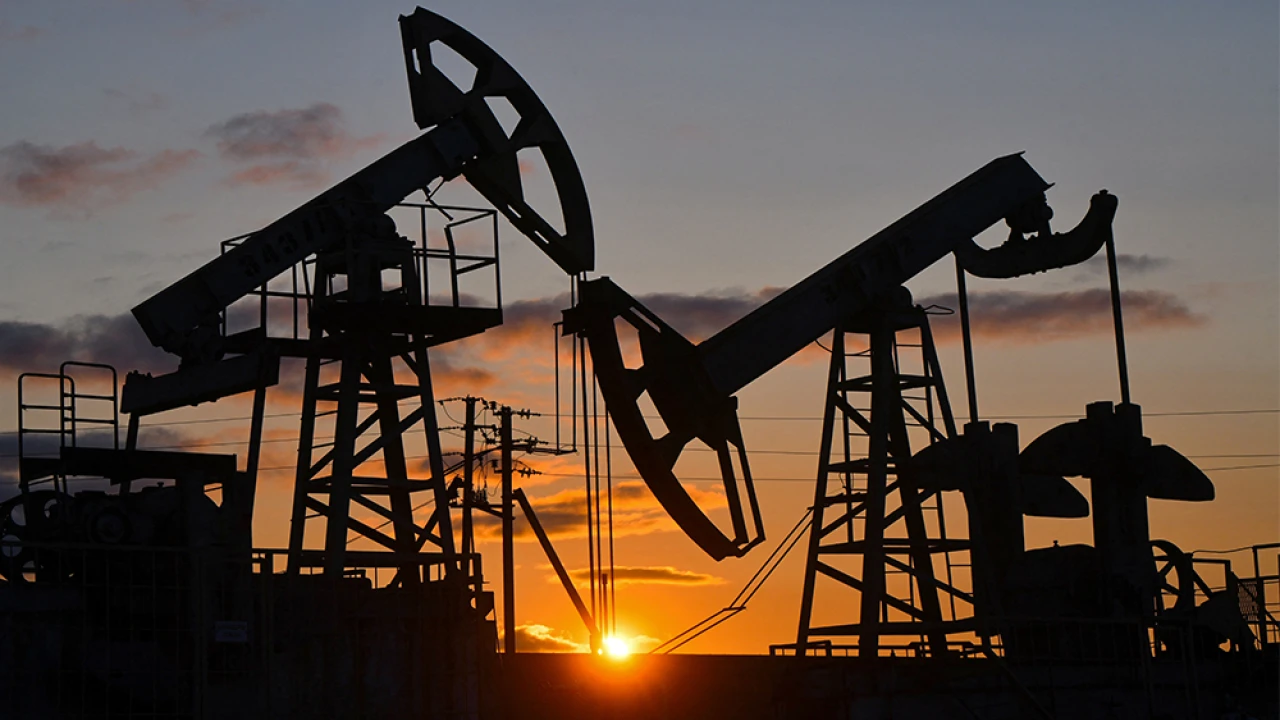
Oil prices fell in early Asia trade on Tuesday, with investors anticipating lingering US inflation and higher interest rates to depress consumer and industrial demand.
Brent crude futures fell 44 cents, or 0.53 percent, to $83.27 a barrel. US West Texas Intermediate crude (WTI) slipped 51 cents, or 0.64percent, to $79.29 a barrel.
Both benchmarks fell less than one percent on Monday as US Federal Reserve officials said they were awaiting more signs of slowing inflation before considering interest rate cuts.
"Fears of weaker demand led to selling as the prospect of Fed rate cut became more distant," said analyst Toshitaka Tazawa at Fujitomi Securities.
Fed Vice Chair Philip Jefferson said on Monday it was too early to tell whether the inflation slowdown is "long lasting," while Vice Chair Michael Barr said restrictive policy needs more time. Atlanta Fed President Raphael Bostic said it will "take a while" for the central bank to be confident that a price growth slowdown is sustainable.
Lower interest rates reduce borrowing costs, freeing up funds that could boost economic growth and demand for oil.
On the other hand, the market appeared little affected by political uncertainty in two major oil-producing countries.
"While there has been an up move over some uncertainty in Iran, prices have since pared back some gains, as investors price for the status-quo in terms of policies for now and that any wider regional conflict remains off the table," IG market strategist Yeap Jun Rong said in an email to Reuters.
Iranian President Ebrahim Raisi, a hardliner and potential successor to Supreme Leader Ayatollah Ali Khamenei, was killed in a helicopter crash, while Saudi Arabia's Crown Prince Mohammed Bin Salman deferred a trip to Japan because of the health of his father, the king.
"The death of the Iranian President and the Saudi king's health issue don't seem to be affecting the market much, as it is unclear whether they will have an immediate impact on energy policy," Fujitomi's Tazawa said.
Investors are focusing on supply from the Organization of the Petroleum Exporting Countries and its affiliates, together known as OPEC+. They are scheduled to meet on June 1 to set output policy, including whether to extend some members' 2.2 million barrels per day of voluntary cuts.
"Prices remain in wait for a catalyst to drive a breakout of the current range, with eyes still on any geopolitical developments, along with oil inventories data this week," Yeap said.
OPEC+ could extend some voluntary output cuts if demand fails to pick up, people with knowledge of the matter previously told Reuters.
SOURCE: REUTERS
-
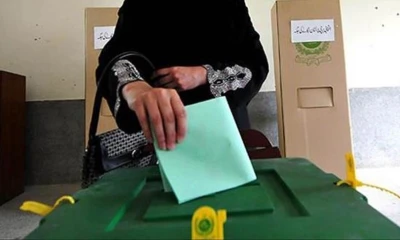
 Pakistan 2 days ago
Pakistan 2 days agoPolling for NA-148 Multan-1 by-election today
-
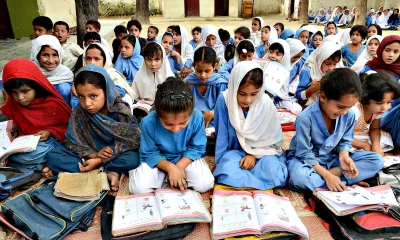
 Pakistan 1 day ago
Pakistan 1 day agoYet another education emergency!
-
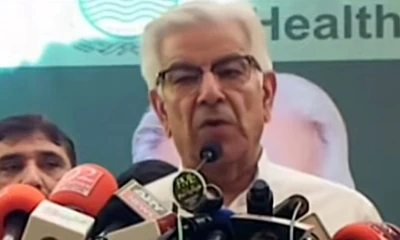
 Pakistan 1 day ago
Pakistan 1 day agoClinic on Wheels program providing modern health facilities to people: Khawaja Asif
-
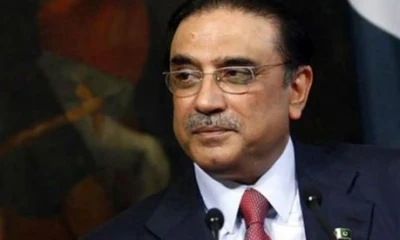
 Pakistan 2 days ago
Pakistan 2 days agoPresident summons Senate session on May 21
-

 Pakistan 1 day ago
Pakistan 1 day agoPakistan Weather Update: Heatwave alert, effects and precautions
-
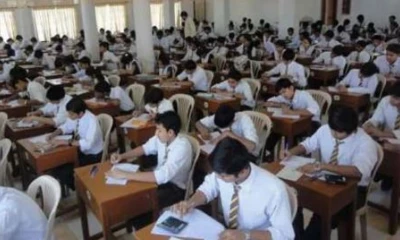
 Regional 1 day ago
Regional 1 day agoIntermediate exams postponed in Sindh due to heatwave alert
-
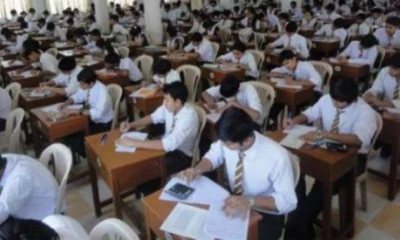
 Regional 2 days ago
Regional 2 days agoLahore BISE re-issues schedule for Intermediate exams
-

 Sports 2 days ago
Sports 2 days agoThe 10 most impactful offseason moves

